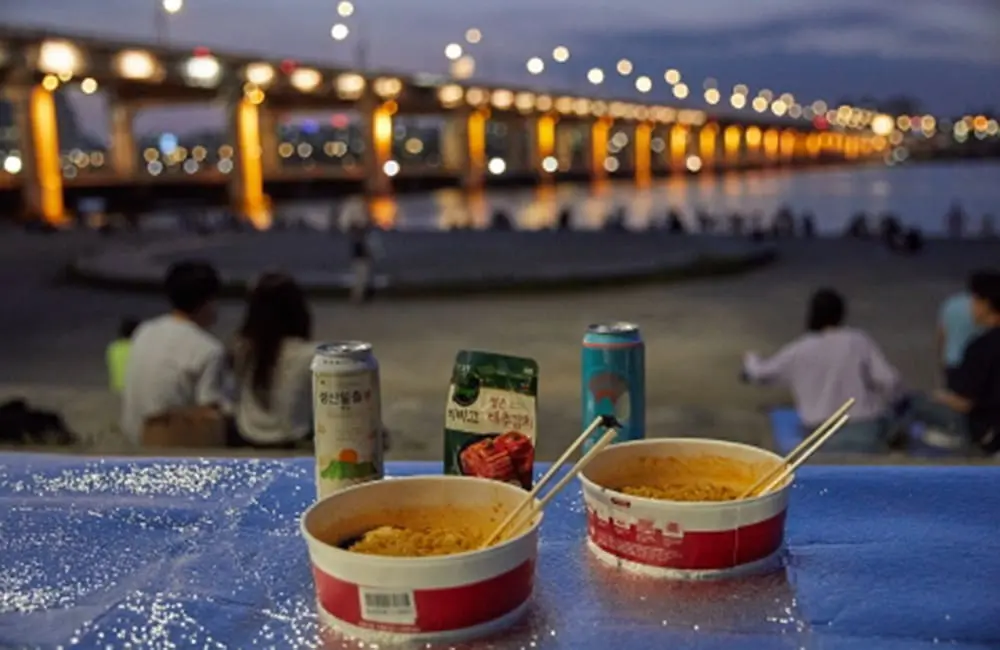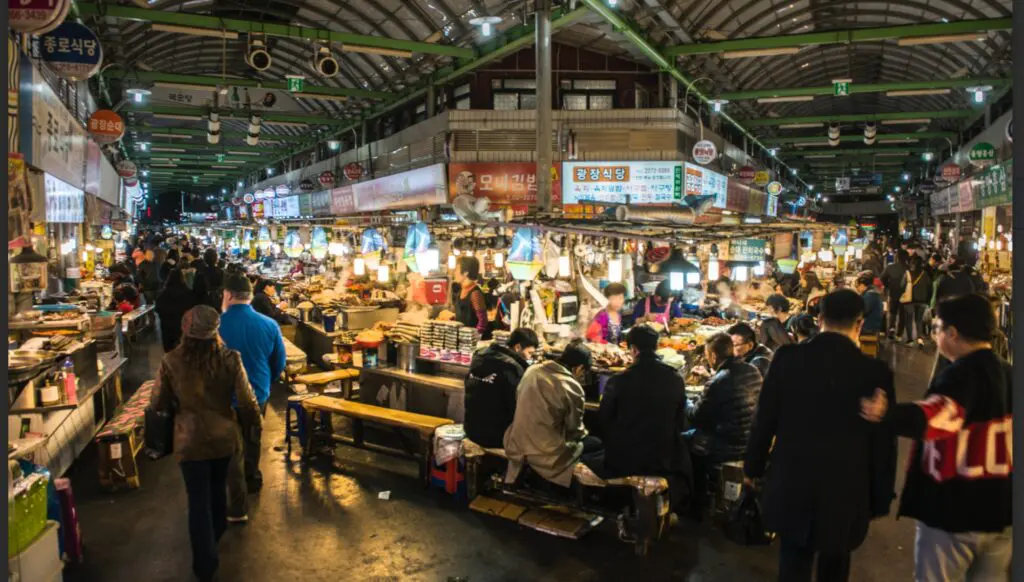From K-pop to K-beauty and now KPop Demon Hunters, Australians are still riding the Korean hallyu wave with record visitation to South Korea up 12 per cent year-on-year.
New data from the Korea Tourism Organization (KTO) and PassportCard Australia travel insurance shows, just like the earworm KPop Demon Hunters soundtrack, Korean culture has Aussies in a chokehold.
KTO reports 1.36 million inbound travellers visited Seoul in July 2025, a 23 per cent year-on-year jump, after the release of KPop Demon Hunters (KDH).

One in four (25%) Aussie parents say their kids want to visit South Korea after watching the uber-popular, record-breaking Netflix streaming series and movie.
Korea Tourism Organization Sydney Office Director Hyeongjoon Kim said: “Our data shows that KPop Demon Hunters has sparked a wave of curiosity among Australian children.”
“Children are singing, dancing and talking about Korean culture like never before and it’s been incredible to see that level of excitement from the next cohort of travellers with some already begging their parents to visit.”

Almost two-thirds of Aussies (65%) say the explosion of Korean pop culture has made them more likely to travel to South Korea.
Among those who have already visited the East Asian nation, 45 per cent said they were directly influenced by Korean entertainment, film or fashion.

Overall, 19 per cent of Aussies are influenced by music and pop culture in their travel decisions, particularly those aged 18–34 years (58%).
Alongside the pop-culture pull, Korean cuisine (64%) is a strong motivator for Aussies, followed by history and landmarks (55%).
South Korea trending up

South Korea is one of the fastest-growing international destinations for Aussies with a strong post-pandemic rebound in visitor numbers.
Trips to South Korea are up 12 per cent year-on-year, while PassportCard travel-insurance sales have surged 47 per cent in the past six months.

Touring companies, such as Inside Travel Group and Contiki, also report that South Korea is a trending destination, adding more tours and itineraries in 2025-26 to meet demand.
It’s been supported by more direct airlift from Australia to Seoul from established carriers and new players, including Korean Air, Asiana and Jetstar.
For more info, head to visitkorea.or.kr






